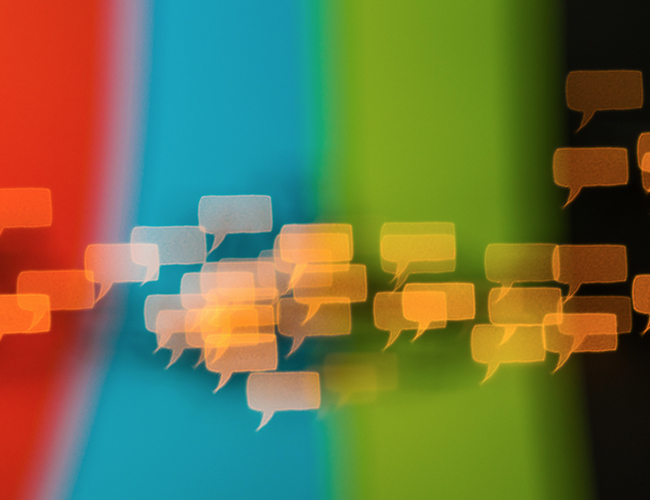Even with an alarm clock ringing and a jolt of coffee, some of us still have a tough time with mornings. Now there is data on social jet lag that says it’s not just a matter of comfort to start the day later, it also affects public health.
According to an article by Libby Longino, Social Jet Lag and the Modern Workplace, there’s a condition called “social jet lag” – and 70 percent of us suffer from it.
Longino explains that 3 clocks rule our lives:
- The solar clock transition us from night to day and back.
- Our biological clock (circadian rythms) control numerous bodily functions, like sleep, and sync our brains with the solar clock.
- The social clock splits the days into measured hours that govern when we work, go to school, socialize, etc.
80 percent of people have biological clocks that are not in sync with their workday.
In pre-electricity days, people lived by the sun. Then the lights went on in homes and businesses and our social clock shifted away from the solar clock, with dramatic results. We don’t have to wake up and sleep on sun time anymore.
The social clock is where we feel the difference between our circadian rythms and the solar clock. Early risers, or “larks,” and those who stay up late, or “owls,” are genetically predisposed to be one or the other. The implications of these sleep time preferences, or chronotypes, impact how well you adjust to the social clock.
Loss of sleep throughout the workweek leads to sleep debt. Making up for it by sleeping later on the weekend actually disrupts your circadian rhythms. The end result is social jet lag
The Munich Chronotype Questionnaire (MCTQ), released in 2012, studied sleep data collected from 150,000 people around the world starting in 2002. No surprise – later chronotypes don’t do as well with normal work schedules. In fact most people would do better starting the day later.
69 percent of people show signs of at least one hour of social jet lag.
What are the symptoms of social jet lag? They look a lot like real jet lag: concentration and memory problems, and digestive troubles. Ongoing social jet lag can lead to a greater risk of obesity and heart disease, increased alcohol use, and more smoking.
Average workday sleep time is down by 40 minutes over the past 10 years.
Those 40 minutes are coming off the top – we go to sleep later at night but get up at the same time. The best wake-up call for our bodies is sunlight, but even the best artificial “natural” light isn’t the same.
As the public health risks of social jet lag become more well known, starting the work day a little later could be the smart thing to do.








